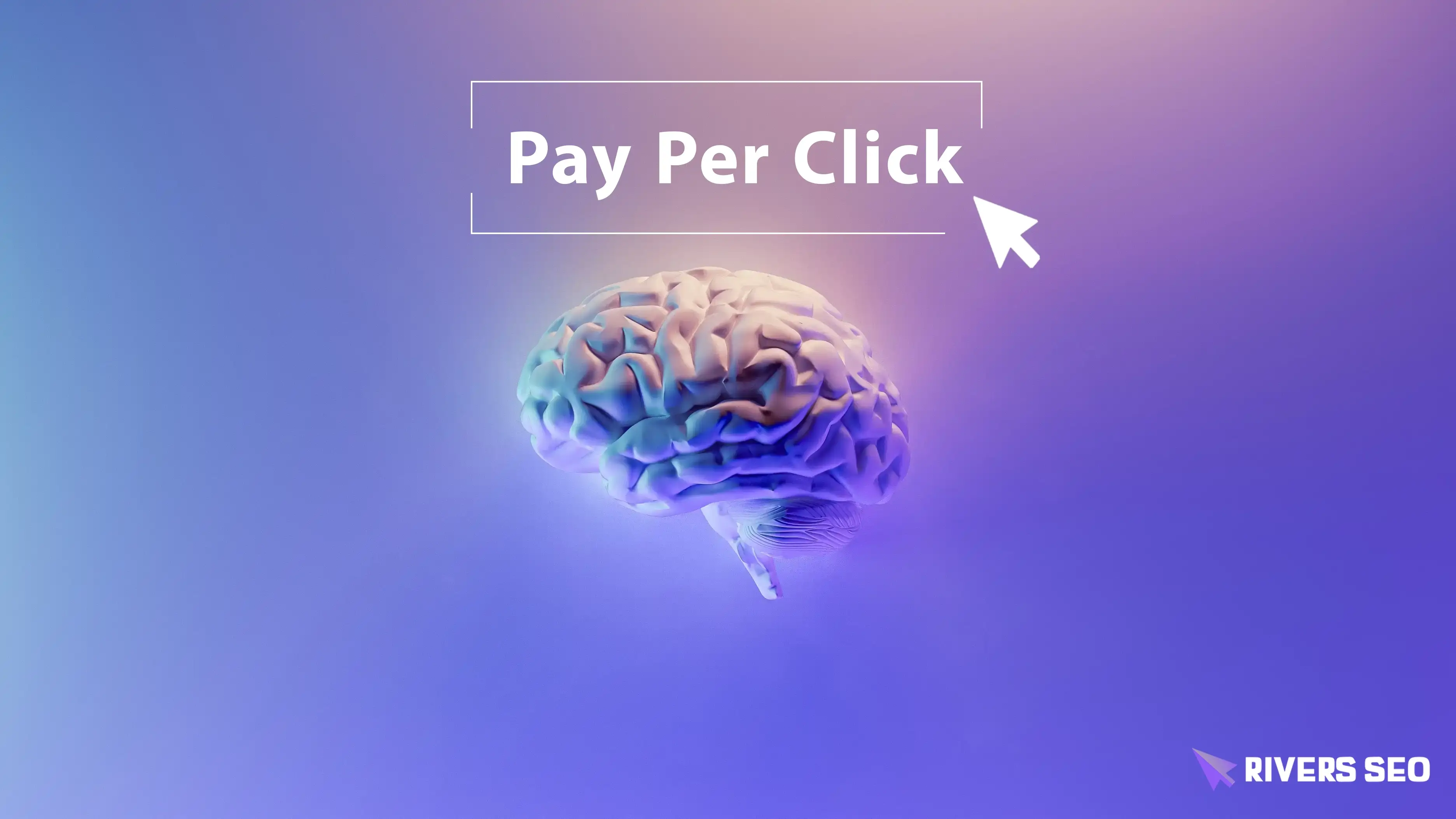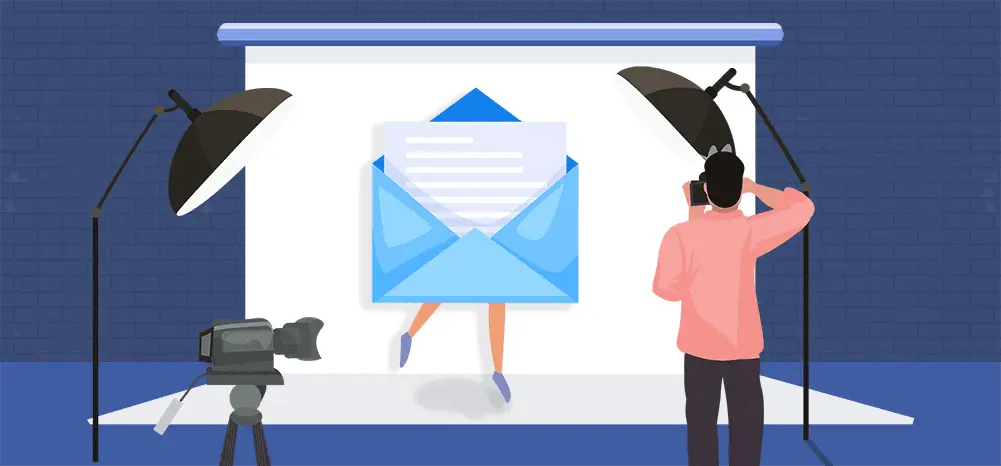Nowadays, email remains a cornerstone of customer communication.
Among various strategies, relationship emails stand out
for their ability to build deeper connections between brands and customers.
But what exactly is a relationship email, and how does it differ from other marketing emails?
The following chapters delve into the essence of relationship emails in email marketing,
exploring their purpose, types, and, most importantly, their strategic importance.
So, let's uncover all the insightful details and understand
why relationship emails are crucial to any successful email marketing strategy!
Defining Relationship Emails
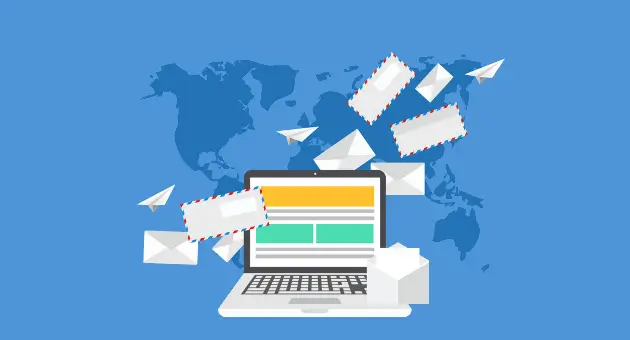
Relationship emails are a specialized subset of email marketing
focused on strengthening the bond between a business and its subscribers.
Unlike promotional emails that drive immediate sales, relationship emails nurture long-term engagement.
They are crafted not to sell but to build trust and loyalty through consistent and valuable communication.
Elements of Relationship Emails:
Relationship emails are designed to foster and maintain
strong relationships between a brand and its audience.
These emails are pivotal in nurturing long-term engagement and loyalty.
Here are the essential elements that define effective relationship emails:
-
Personalization: Relationship emails excel when they include personalized elements,
like using the recipient's name and customizing the content based on their interests and previous interactions with the brand.
-
Valuable Content: These emails prioritize providing value over selling,
offering helpful content like tips, insights, or entertainment relevant to the recipient's needs.
-
Timing and Relevance: Effective relationship emails are timed to align
with significant moments or interactions in the customer's journey, enhancing their relevance and impact.
-
Engagement Opportunities: These emails encourage two-way communication,
inviting recipients to interact through feedback, surveys, or social media engagement, fostering a deeper connection.
-
Emotional Connection: Relationship emails aim to evoke emotions by leveraging
storytelling and impactful visuals, strengthening the bond between the brand and its audience.
-
Clear Calls-to-Action: While not primarily sales-driven,
these emails include clear CTAs that encourage further interaction, fitting naturally within the email’s context.
-
Consistency: Regular and consistent communication in tone, style, and frequency
helps build trust and sets expectations, making the brand a reliable presence in subscribers' inboxes.
-
Responsive Design: Ensuring emails are visually appealing and functional
on all devices is crucial to high engagement and user satisfaction.
Types Of Relationship Emails
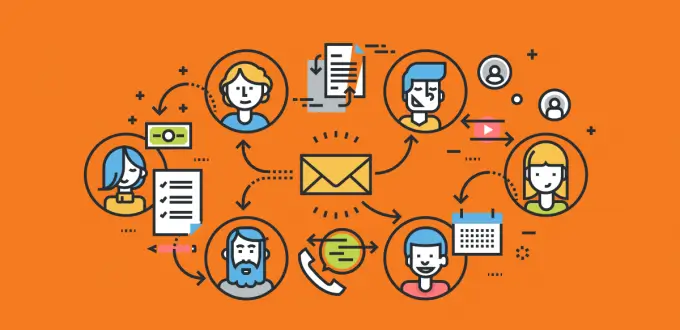
Incorporating relationship emails into your marketing efforts
allows you to address various customer lifecycle phases.
This approach helps you engage new subscribers effectively
and rekindle interest among those who have become less active.
Let's discuss some of the most common types of relationship emails:
- Welcome Emails
- Educational Content Emails
- Customer Stories and Testimonials
- Milestone Emails
- Re-engagement Emails
Welcome emails serve as the initial interaction between your brand and new subscribers.
They are crucial for making a positive first impression
and setting the stage for what subscribers can expect from your future communications.
These emails often include a warm greeting, a brief introduction to the brand,
and what benefits the subscribers will receive, like exclusive content, tips, or special offers.
Educational emails aim to deliver valuable information, enhancing customers'
understanding and usage of your products or services.
This can range from step-by-step tutorials, expert tips,
and how-to guides to comprehensive resources like e-books or webinars.
By helping customers solve problems or learn new things,
these emails position your brand as a helpful and authoritative source in your industry.
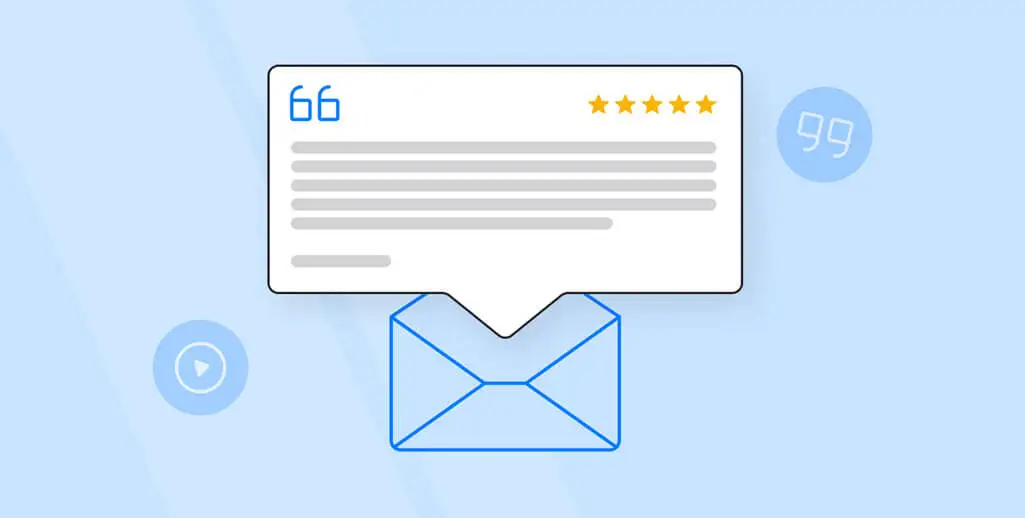
Emails featuring customer success stories or testimonials
are powerful tools for building trust and credibility.
These narratives showcase real-life examples of how your
products or services have positively impacted other customers.
Showcasing these stories can boost confidence in potential customers
and reinforce the loyalty of current ones by emphasizing the benefits of your products.
Milestone emails celebrate significant events in the customer's journey with your brand.
This could be a customer’s anniversary of using your product,
their birthday, or other personal milestones like achieving a specific goal with your product.
These emails personalize the customer experience, making each interaction
feel special and tailored to the individual.
Re-engagement emails are targeted at subscribers who have been inactive for a period.
These emails aim to rekindle their interest in your brand
with enticing offers, updates on new features, or compelling reasons to re-engage with your content or products.
Effective re-engagement emails often include a clear call to action,
encouraging subscribers to return and interact with the brand again.
The Strategic Importance Of Relationship Emails

Relationship emails play a crucial role in a comprehensive email marketing strategy.
They help transform transactional customer relationships
into emotional bonds, encouraging loyalty and repeat business.
Here’s why they are critical:
- Enhanced Engagement: Businesses can keep their audience engaged and interested by regularly providing value without asking for anything in return.
- Increased Trust and Loyalty: Continuous engagement through relationship emails builds trust, foundational for loyalty and advocacy.
- Higher Customer Retention: Satisfied customers who see value in the relationship are less likely to switch to competitors.
- Better Conversion Rates: Nurtured leads are more likely to convert over time because they trust the brand.
Best Practices For Crafting Relationship Emails
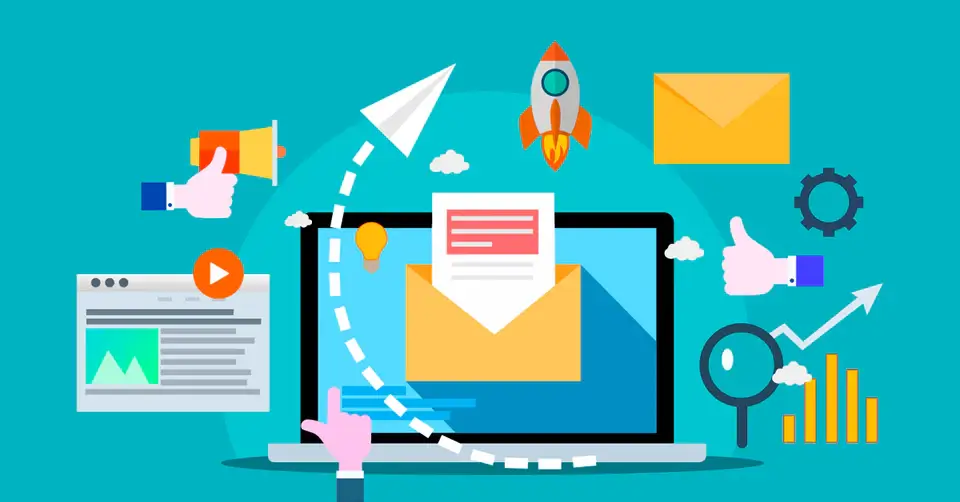
These streamlined practices will help you effectively engage your subscribers,
build lasting relationships, and maximize the impact of your relationship emails.
-
Understand Your Audience:
Segment your email list to tailor messages more effectively.
Understanding the specific preferences and behaviors of different subscriber groups enhances the relevance and impact of your communications.
-
Provide Real Value:
Ensure each email adds value through valuable tips, solutions, or engaging content.
The objective is to make every email anticipated and appreciated by your subscribers.
-
Maintain a Conversational Tone:
Use a friendly, conversational tone to make your emails feel
like a dialogue rather than a corporate announcement.
This approach helps humanize your brand and makes your messages more relatable.
-
Use Visuals Wisely:
Incorporate relevant images and videos that support your message without overwhelming the text.
Properly used visuals can clarify complex information and make emails more engaging.
-
Encourage interaction:
Include interactive social media shares, feedback requests, and event invitations.
Interaction enhances user engagement and strengthens the subscriber relationship with your brand.
-
Regularly Update Content:
Keep your content fresh and aligned with industry trends to maintain interest and relevancy.
This demonstrates your brand's commitment to staying current and relevant.
-
Monitor and Adapt Based on Feedback:
Utilize analytics to assess the performance of your emails and adapt based on subscriber feedback.
Continuous improvement will help refine your approach and better connect with your audience.
Measuring the Impact of Relationship Emails
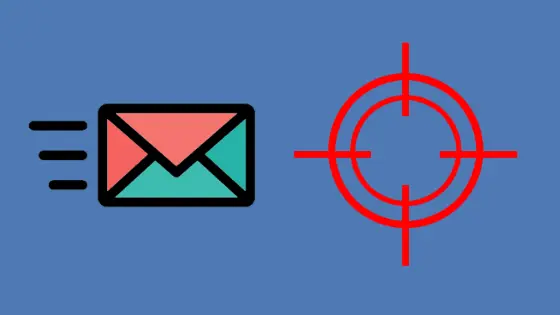
The success of relationship emails can be gauged through several metrics:
- Open and Click-Through Rates: High rates indicate your content resonates with the audience.
- Engagement Metrics: Measures like time spent on linked content or interaction rates on surveys and polls.
- Customer Feedback: Direct feedback from customers can provide qualitative insights into how well your emails are received.
- Retention Rates: Increased customer retention can often be attributed to effective relationship email strategies.
Wrap Up
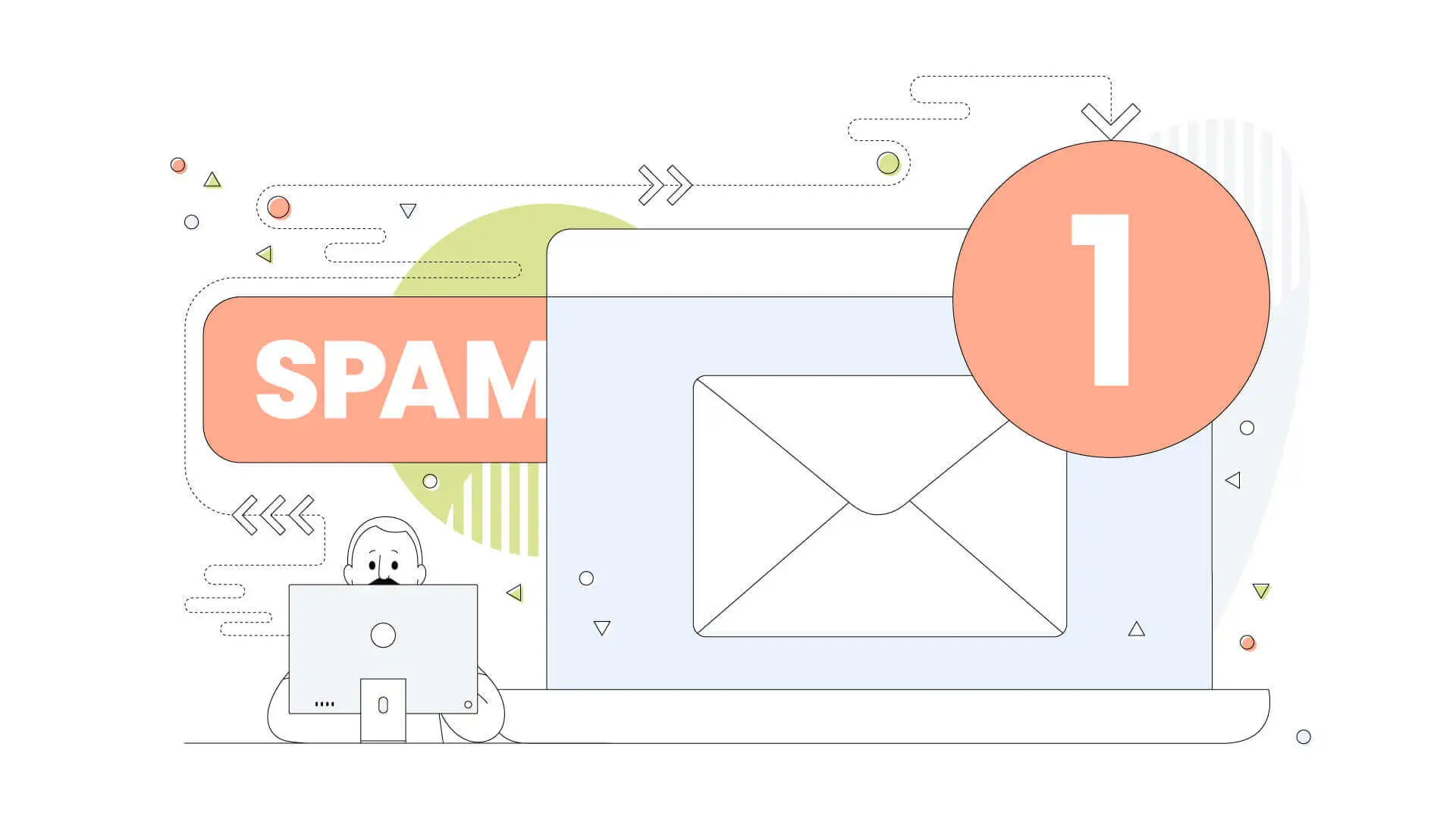
Relationship emails are more than just a tool for effective email marketing;
they are a cornerstone for building lasting customer relationships.
Businesses can turn subscribers into loyal advocates by providing value and fostering trust.
As the digital environment changes, sustaining significant relationships
via email remains a crucial element in the effectiveness of marketing tactics.
We hope this answered your question of "In Email Marketing, What Is A Relationship Email"




